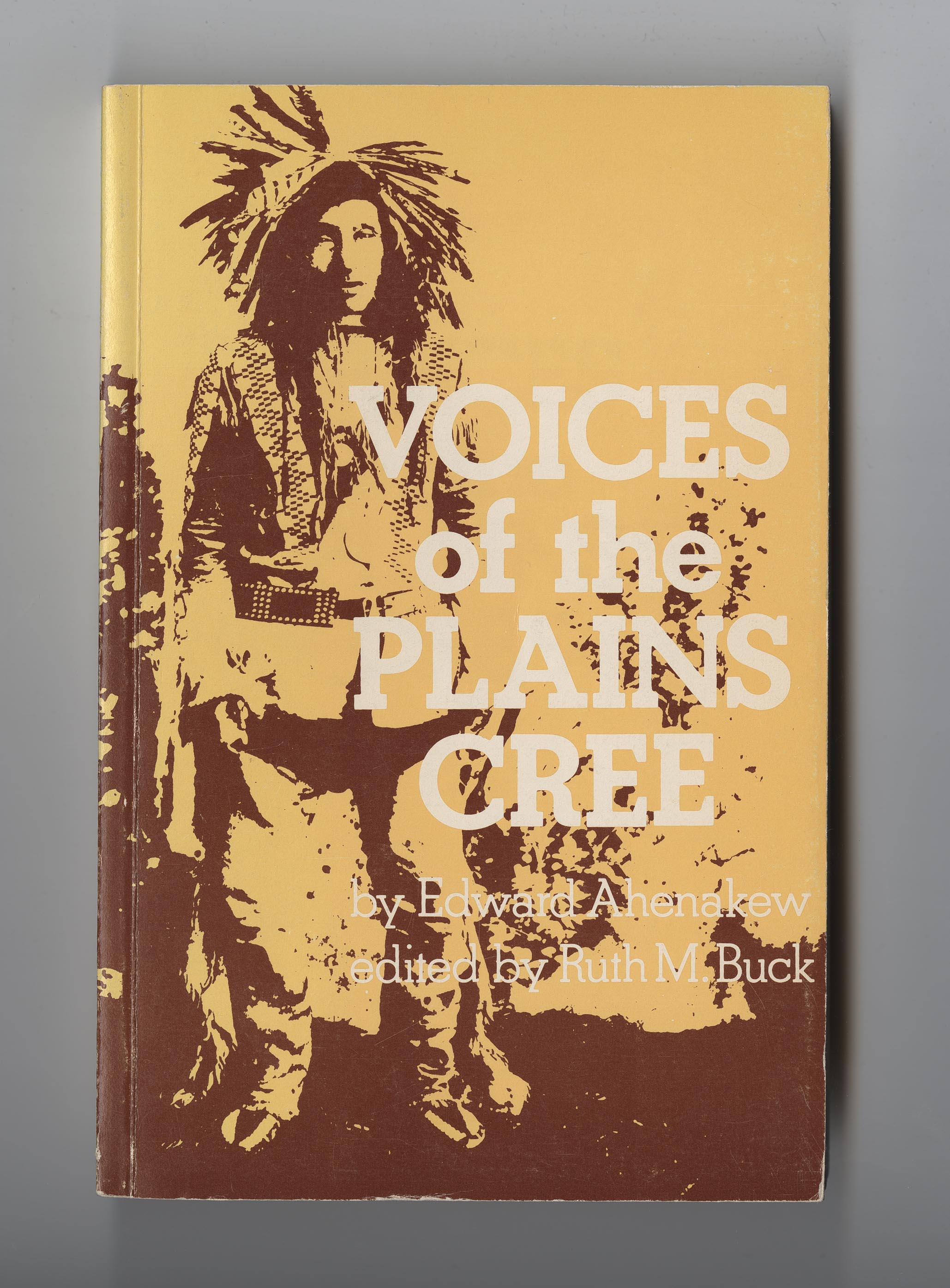"Yours Aboriginally": Twentieth-Century Aboriginal Authorship in Canada
Brendan Frederick R. Edwards
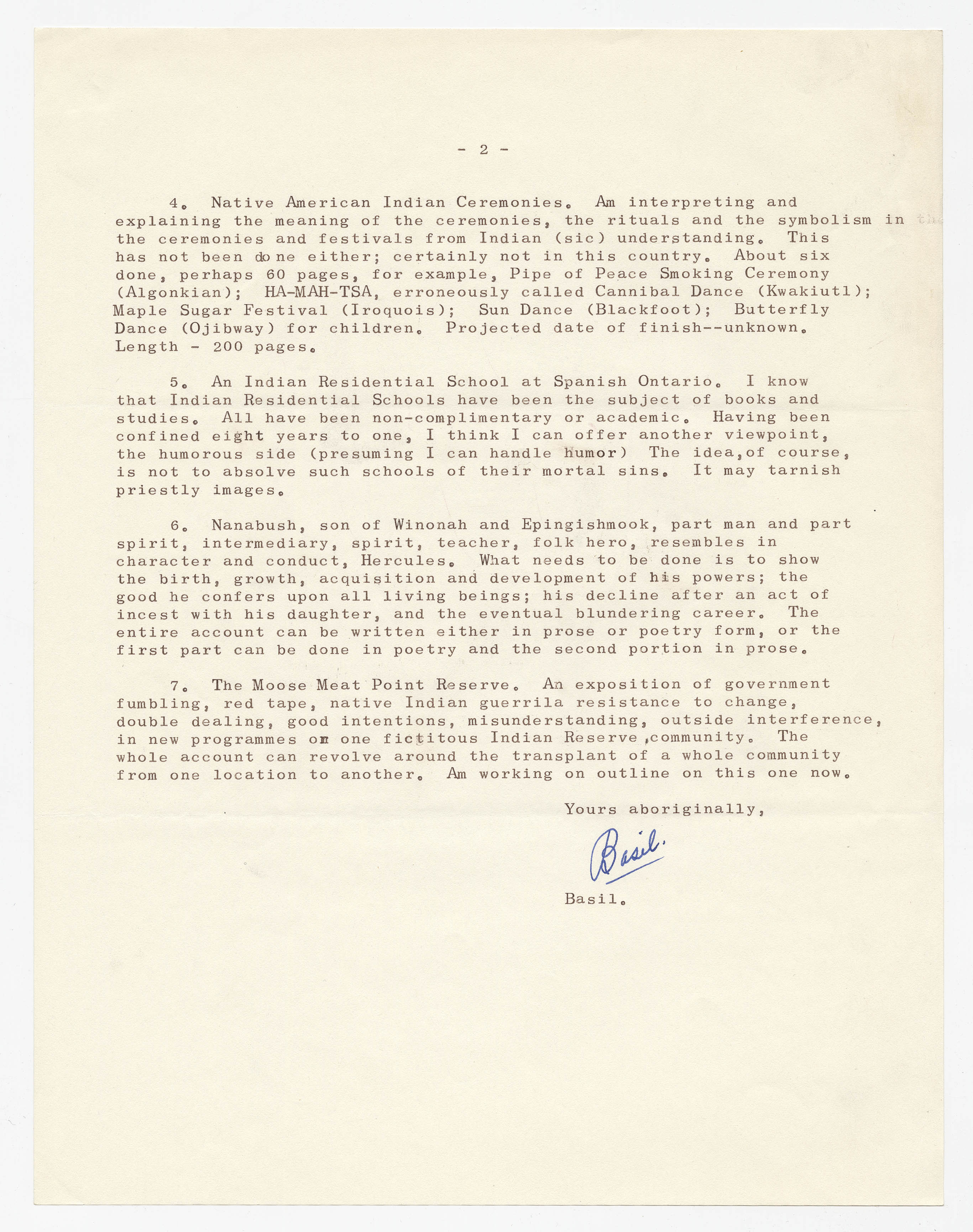 In the early part of the twentieth century, the federal Department of Indian Affairs, which was responsible for financing and providing education for First Peoples, did a poor job of encouraging and fostering an interest in literature and literary pursuits. Many Aboriginal peoples nonetheless recognised that the ability to read and write in English and French was critical to the improvement of their cultural and economic relations with the ever-growing and powerful non-Aboriginal population. Despite Aboriginal awareness that alphabetic literacy was important, and the concerted efforts of some First Peoples at writing and publishing, there was very little Aboriginal literary output in Canada between 1913 (the year of E. Pauline Johnson’s death) and the early 1960s.
In the early part of the twentieth century, the federal Department of Indian Affairs, which was responsible for financing and providing education for First Peoples, did a poor job of encouraging and fostering an interest in literature and literary pursuits. Many Aboriginal peoples nonetheless recognised that the ability to read and write in English and French was critical to the improvement of their cultural and economic relations with the ever-growing and powerful non-Aboriginal population. Despite Aboriginal awareness that alphabetic literacy was important, and the concerted efforts of some First Peoples at writing and publishing, there was very little Aboriginal literary output in Canada between 1913 (the year of E. Pauline Johnson’s death) and the early 1960s.
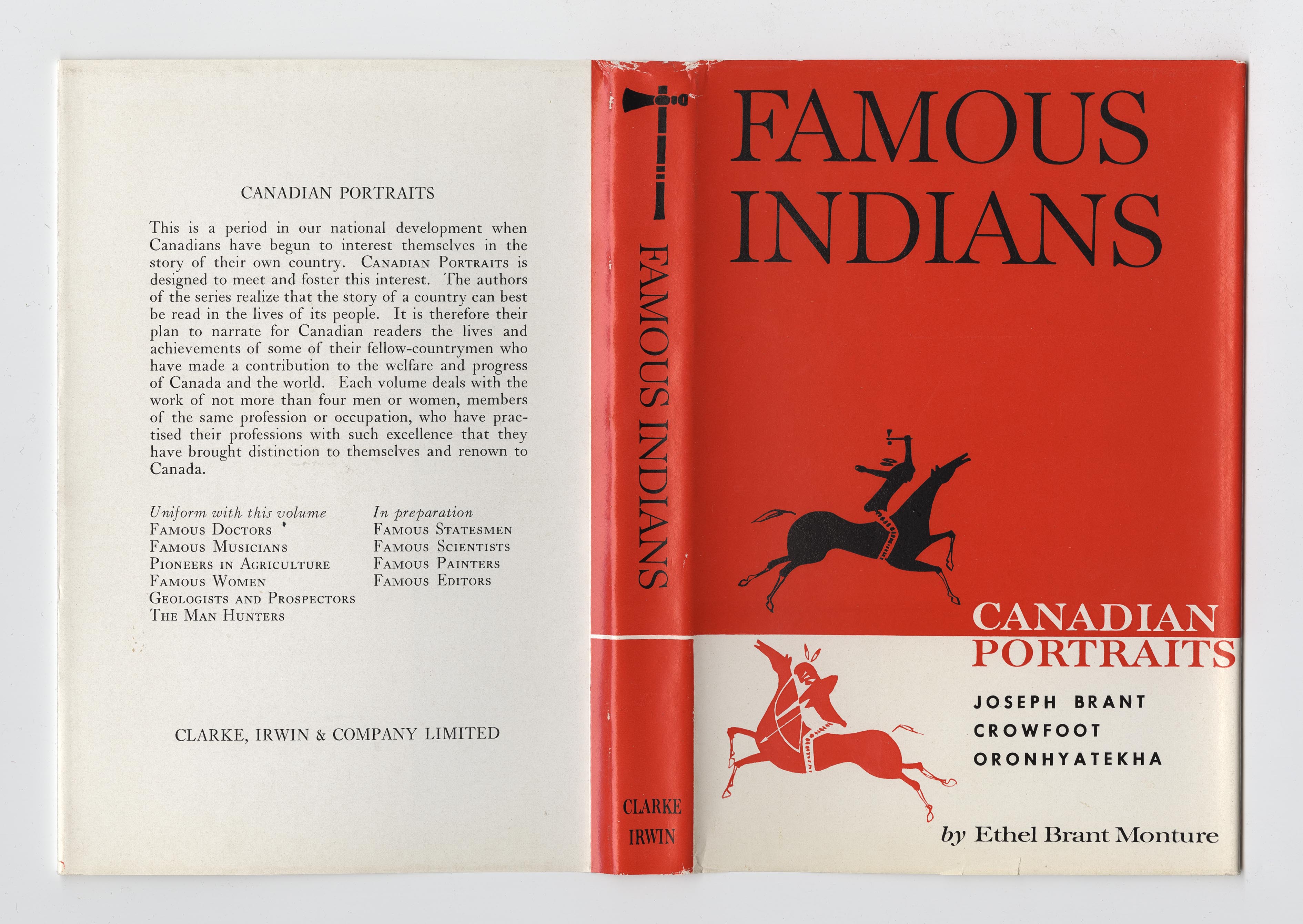 But this period was not void of Aboriginal literary effort altogether. Some Aboriginal peoples during this period used print and publishing, for perhaps the first time, to communicate with other Aboriginal peoples provincially, nationally, and in some cases, internationally. Writing and print were used as a kind of “call-to-arms” in the early twentieth century for aspiring Aboriginal writers like Ethel Brant Monture (1894-1977), Charles A. Cooke (1870-1958), Edward Ahenakew (1885-1961), Bernice Loft (1902-97), and Andrew Paull (1892-1959). The efforts of these individuals demonstrated a continuum of Aboriginal writing in Canada from the early nineteenth century through to contemporary times.
But this period was not void of Aboriginal literary effort altogether. Some Aboriginal peoples during this period used print and publishing, for perhaps the first time, to communicate with other Aboriginal peoples provincially, nationally, and in some cases, internationally. Writing and print were used as a kind of “call-to-arms” in the early twentieth century for aspiring Aboriginal writers like Ethel Brant Monture (1894-1977), Charles A. Cooke (1870-1958), Edward Ahenakew (1885-1961), Bernice Loft (1902-97), and Andrew Paull (1892-1959). The efforts of these individuals demonstrated a continuum of Aboriginal writing in Canada from the early nineteenth century through to contemporary times.
The writings of these and other Aboriginal authors, however, did not find wide audiences and were generally not deemed worthy or marketable by Canadian publishers. Ryerson Press took an interest in Edward Ahenakew’s writing, but when Lorne Pierce approached the Department of Indian Affairs for funding assistance, Duncan Campbell Scott, man of letters and the head of the Department, categorically refused.
Beginning in the early 1960s and into the 1970s, this situation began to change, 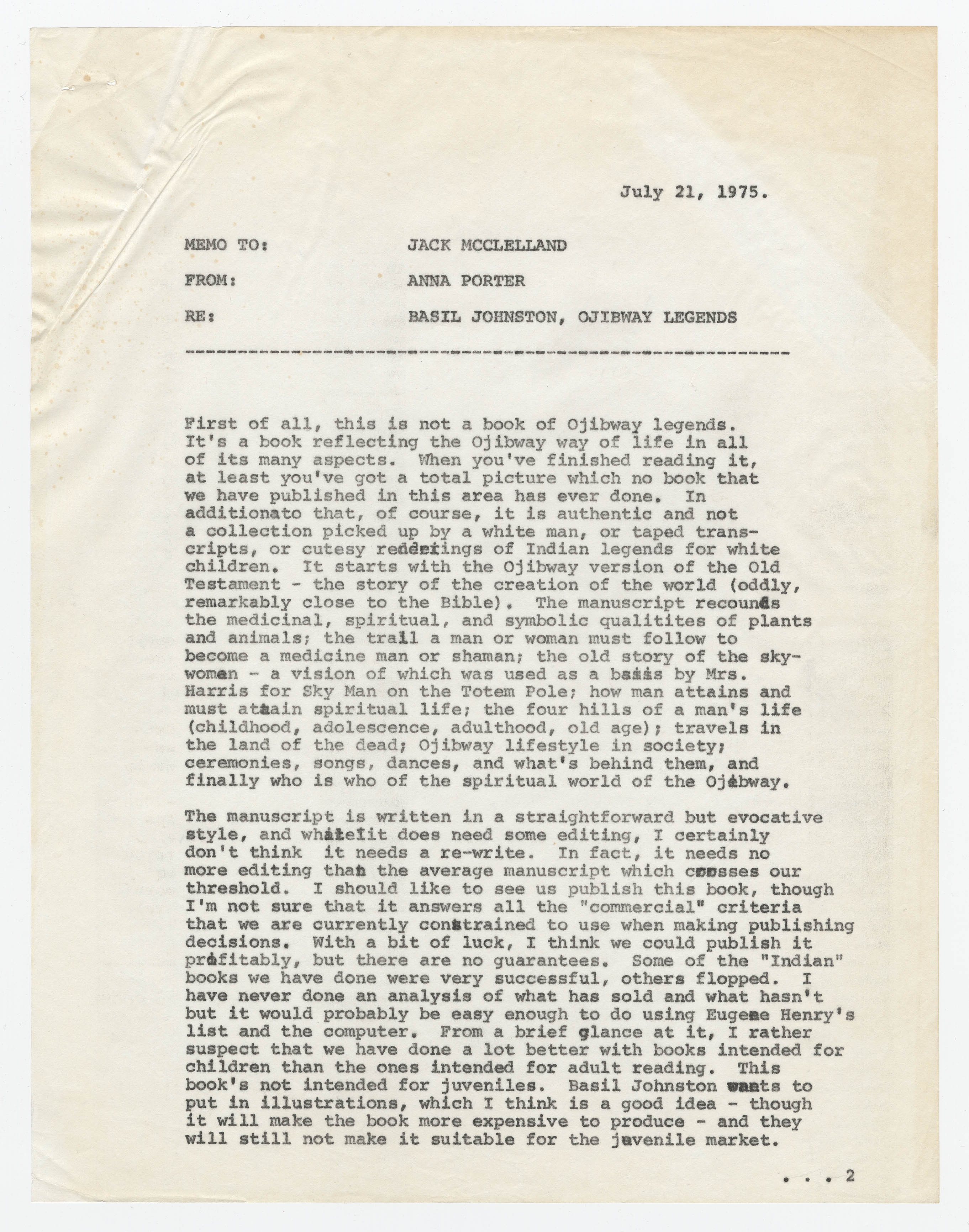 and widely read contemporary Aboriginal writers re-emerged. This period also saw a dramatic rise in federal services and funding to First Peoples, resulting in the publication of Aboriginal authors – including the posthumous release of Ahenakew’s Voices of the Plains Cree (edited by Ruth Buck) by McClelland & Stewart (1973), and Ethel Brant Monture’s contribution to Clarke Irwin’s Canadian Portraits series, Famous Indians (1960). The cultural renaissance of First Peoples through the 1970s and the emergence of an increasingly aware non-Aboriginal Canadian public helped to foster an environment where Aboriginal authorship thrived. There was an unprecedented output of poetry, fiction, history, and children’s literature by
and widely read contemporary Aboriginal writers re-emerged. This period also saw a dramatic rise in federal services and funding to First Peoples, resulting in the publication of Aboriginal authors – including the posthumous release of Ahenakew’s Voices of the Plains Cree (edited by Ruth Buck) by McClelland & Stewart (1973), and Ethel Brant Monture’s contribution to Clarke Irwin’s Canadian Portraits series, Famous Indians (1960). The cultural renaissance of First Peoples through the 1970s and the emergence of an increasingly aware non-Aboriginal Canadian public helped to foster an environment where Aboriginal authorship thrived. There was an unprecedented output of poetry, fiction, history, and children’s literature by 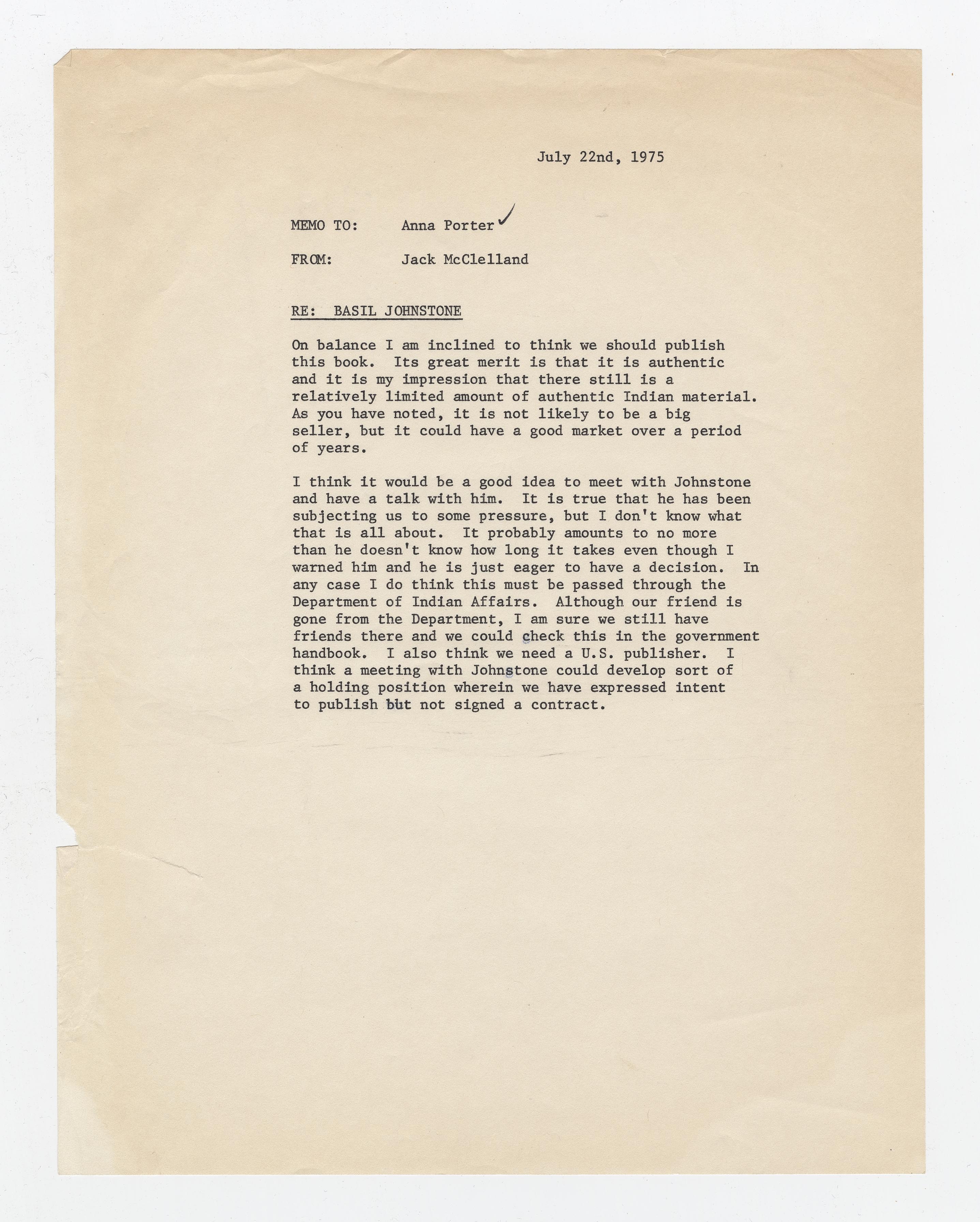 Aboriginal writers, read by Aboriginals and non-Aboriginals alike.
Aboriginal writers, read by Aboriginals and non-Aboriginals alike.
So dramatic was the change in public perception (or at least the perception and awareness by publishers that “Indian” writing could be marketed) that by 1975, McClelland & Stewart considered the early literary efforts of Basil Johnston to be of “great merit … it could have a good market over a period of years.” By this time the attitude of the Department of Indian Affairs had also changed: although McClelland & Stewart did not receive direct funding to publish Johnston’s first work, Ojibway Heritage, the Department did commit to purchasing $5,000 worth of the published title (amounting to some 931 copies) for distribution to 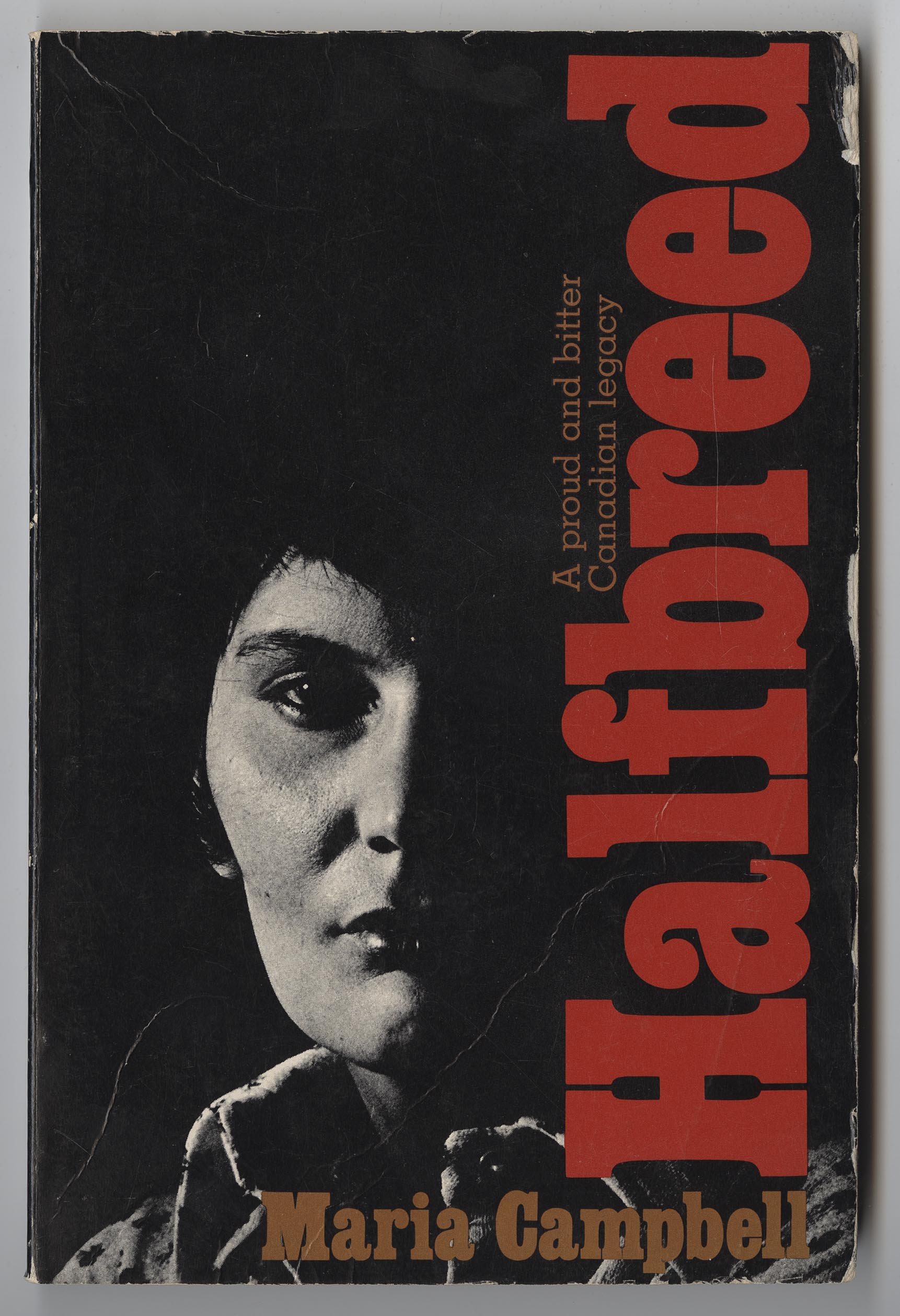 Indian schools.
Indian schools.
Through the adoption and careful articulation of Western print culture, Aboriginal peoples have made efforts at laying claim and asserting control over the cultural and political literary (mis)representations of Indians in Canada that were first imagined, created, and described by European and Euro-North American writers (in the form of written treaties, legislation, and popular fiction and non-fiction).
Edwards, Brendan Frederick R. A War of Wor(l)ds: Aboriginal writing in Canada during the ‘dark days’ of the early twentieth century. Doctoral dissertation, Department of History, University of Saskatchewan, 2008.
—. “Reading on the ‘Rez.’” History of the Book in Canada, ed. Carole Gerson and Jacques Michon, 3: 501-5. Toronto: University of Toronto Press, 2007.
McClelland & Stewart Ltd. fonds, McMaster University
Lorne and Edith Pierce collection, Queen's University Archives
Clarke, Irwin & Company Limited fonds, McMaster University

